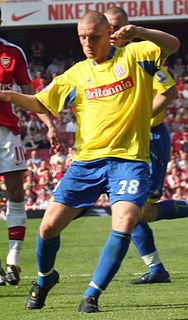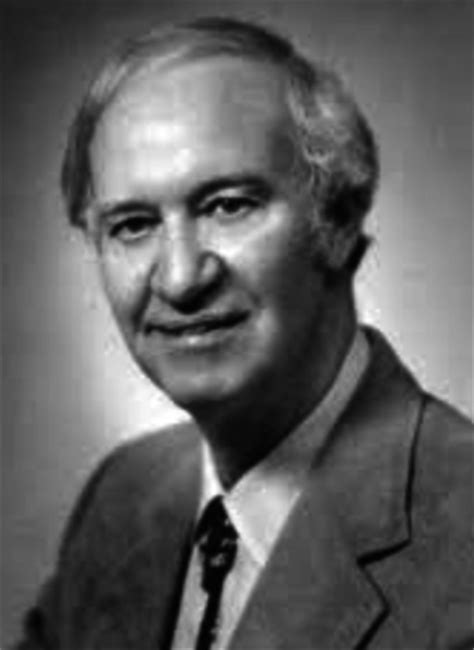A Quote by Bobby Deol
I learn from my family. And it's not like I learn from them on the sets only.
Related Quotes
Kids who are least impressive in my class are the ones who only listen to one kind of music. They only listen to country or only to rap or to gospel or anything. It's a sad thing. I try really hard to get them to go out and listen to things. It's amazing what you learn. ... I'm still trying to learn. It's not like I'm going to be a calypso singer. That's not going to happen, but I'm sure there's something in that, that I can learn from and apply to my own work.
It is within the family that children learn the values that will guide them for the rest of their lives. It is within the family that they form their earliest relationships, learn to communicate with others and interact with the world around them. It is within the family that the notion of human rights becomes a reality lived on a daily basis. If tolerance, respect and equity permeate family life, they will translate into values that shape societies, nations and the world.
When you learn to read and write, it opens up opportunities for you to learn so many other things. When you learn to read, you can then read to learn. And it's the same thing with coding. If you learn to code, you can code to learn. Now some of the things you can learn are sort of obvious. You learn more about how computers work.
You only learn when you give your whole being to something. When you give your whole being to mathematics,you learn; but when you are in a state of contradiction, when you do not want to learn but are forced to learn, then it becomes merely a process of accumulation. To learn is like reading a novel with innumerable characters; it requires your full attention, not contradictory attention.
We will learn no matter what! Learning is as natural as rest or play. With or without books, inspiring trainers or classrooms, we will manage to learn. Educators can, however, make a difference in what people learn and how well they learn it. If we know why we are learning and if the reason fits our needs as we perceive them, we will learn quickly and deeply.
Nothing fails like success, because we do not learn anything from it. We only learn from failure, but we do not always learn the right things from failure. If there is a failure of expectations, that is, if the messages that we receive are not the same as those we expected, we can make three possible inferences.



































